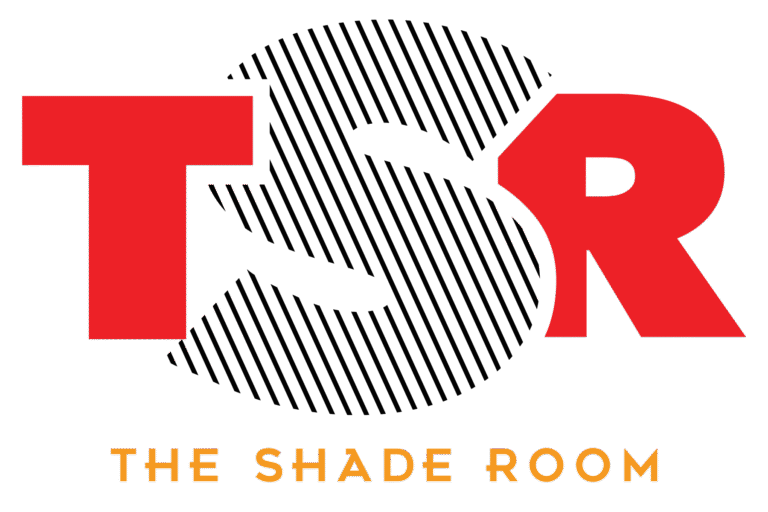Nexstar, the No. 1 owner of TV stations in the U.S., is acquiring rival Tegna in a deal that reshapes the industry and challenges decade-old limits on control of local media.
For $6.2 billion, including debt, Nexstar is continuing its run of acquisitions that has taken it from a fledgling radio station owner two decades ago to a dominant player. The transaction follows previous milestones like Nexstar acquiring 75% of the CW and taking over Tribune Media.
After the merger, the resulting company will have 265 stations in 44 states and the District of Columbia, representing 80% of U.S. TV households. That footprint far exceeds the longtime 39% limit on ownership of stations, which had been kept in place by both Republican and Democratic administrations over the past three decades. Nexstar CEO Perry Sook has been one of the most vocal opponents of the 39% cap, calling it outdated in an era of Big Tech and diversified distribution and calling on the Trump Administration and the FCC to do away with the limit.
Public interest groups and many Democrats have expressed concern about allowing a single owner to control so much media real estate in the U.S.
Nexstar said the deal is expected to close by the second half of 2026.
The announcement of the deal did not include any specific outlook on the regulatory landscape. It said the deal would leave Nexstar “well-positioned to compete in today’s fragmented and rapidly evolving marketplace. The new company will be better able to serve communities by ensuring the long-term vitality of local news and programming from trusted local sources and preserving the diversity of local voice and opinion.”
Sook saluted Trump in a press release. “The initiatives being pursued by the Trump administration offer local broadcasters the opportunity to expand reach, level the playing field, and compete more effectively with the Big Tech and legacy Big Media companies that have unchecked reach and vast financial resources. We believe Tegna represents the best option for Nexstar to act on this opportunity.”
Tegna had a deal to be acquired by private equity firm Standard General, but the then-Democrat-run FCC torpedoed the transaction, citing its expected negative effects on workers.
Local consolidation and the likely wave of M&A that will follow the Nexstar-Tegna deal stand in sharp contrast to the punitive approach to the Paramount-Skydance merger. That $8 billion deal involving legacy media properties CBS and Paramount Pictures was held up for months as Trump’s pick to lead the FCC, Brendan Carr, investigated claims of “news distortion” by CBS. Trump also extracted a $16 million settlement after filing a lawsuit against CBS News deemed by most legal experts to be without merit.









